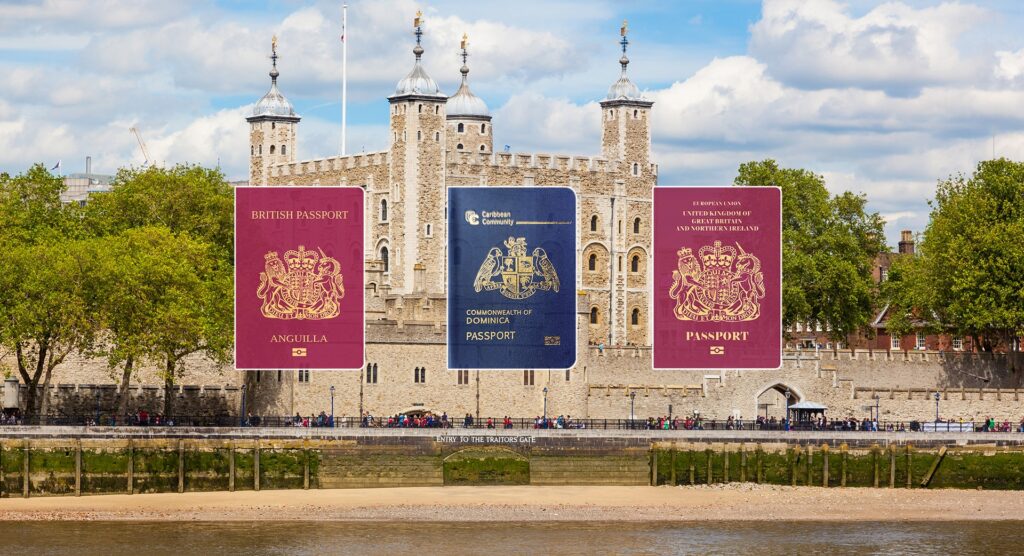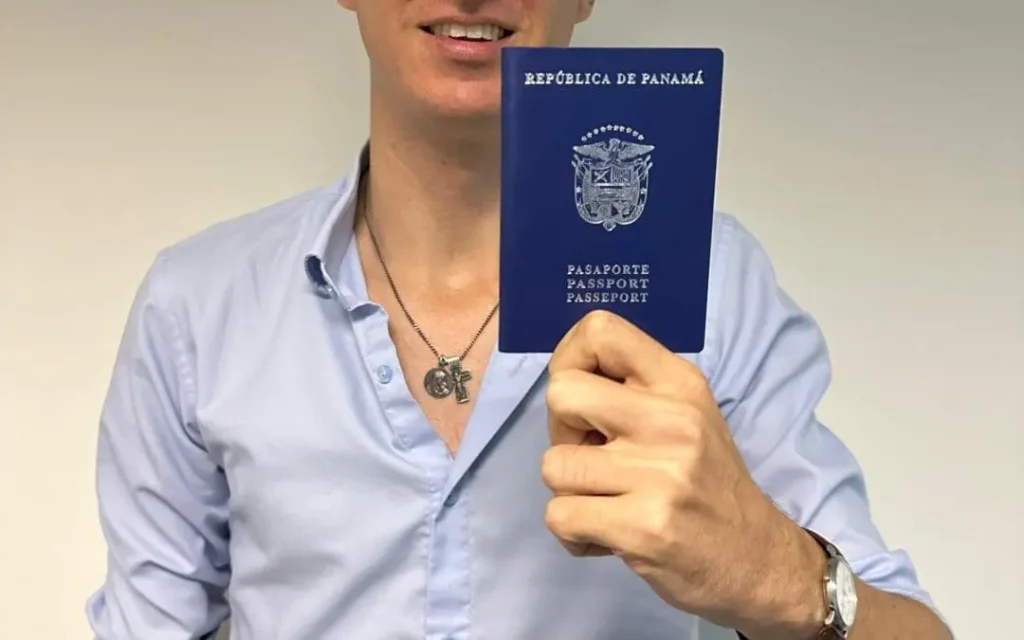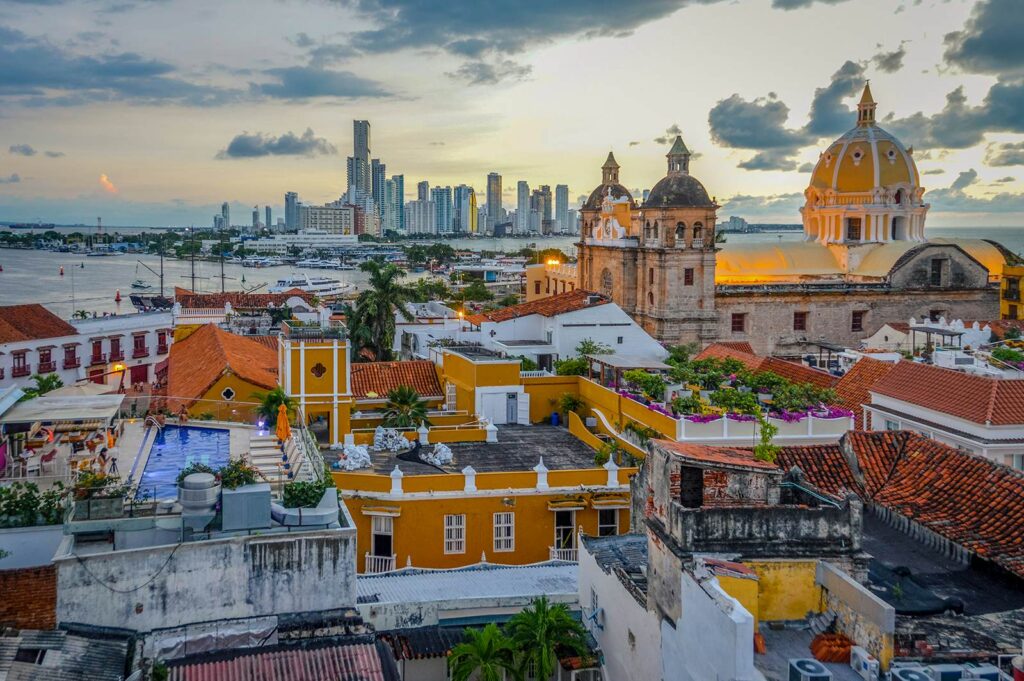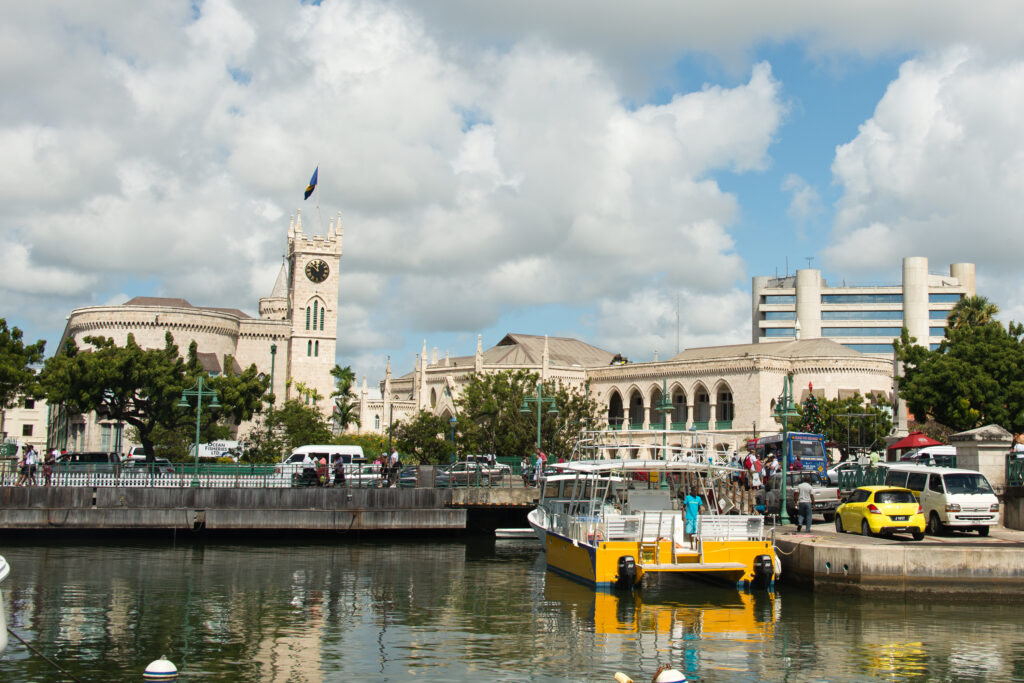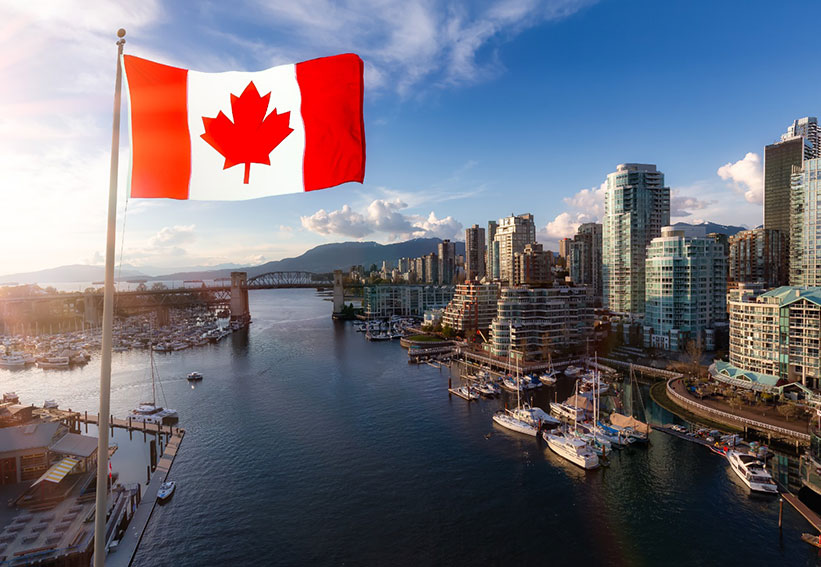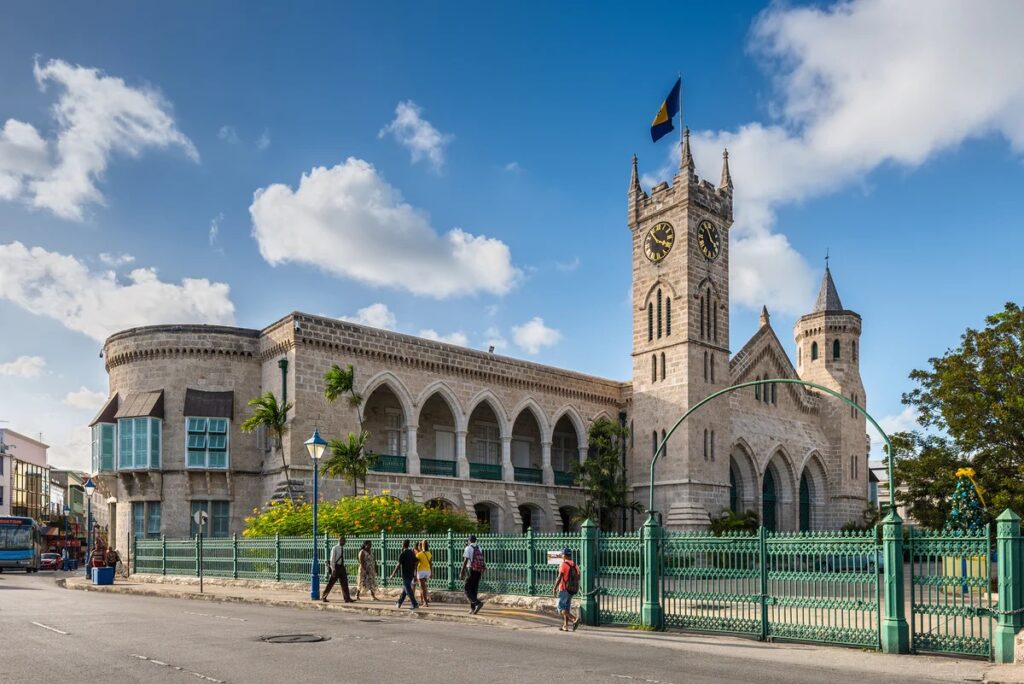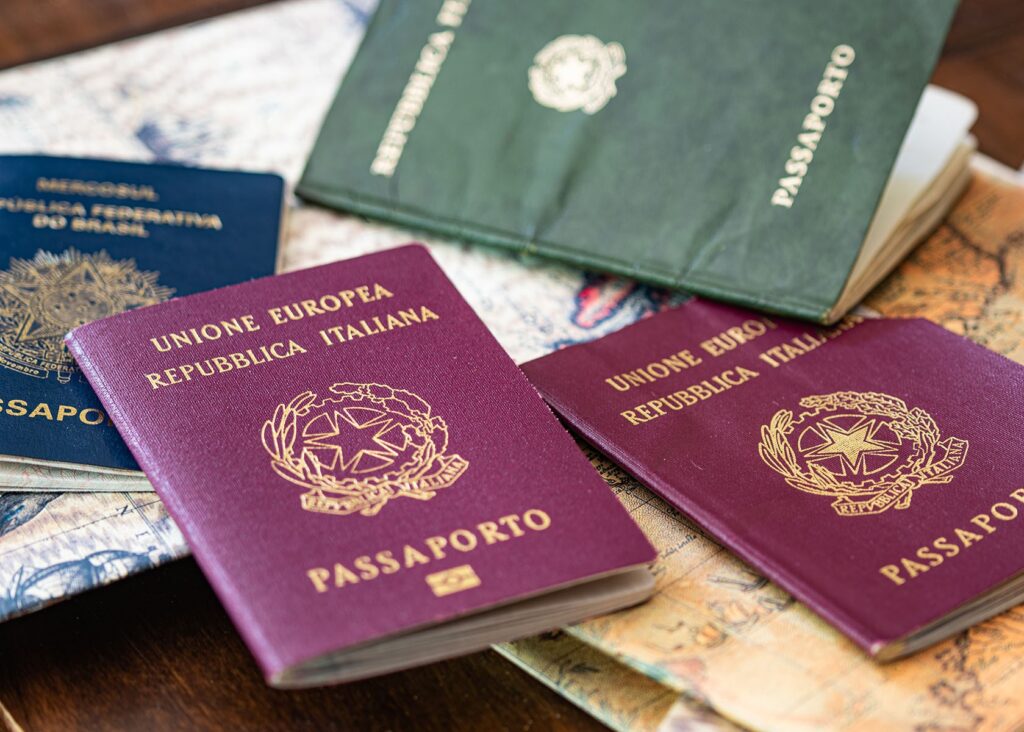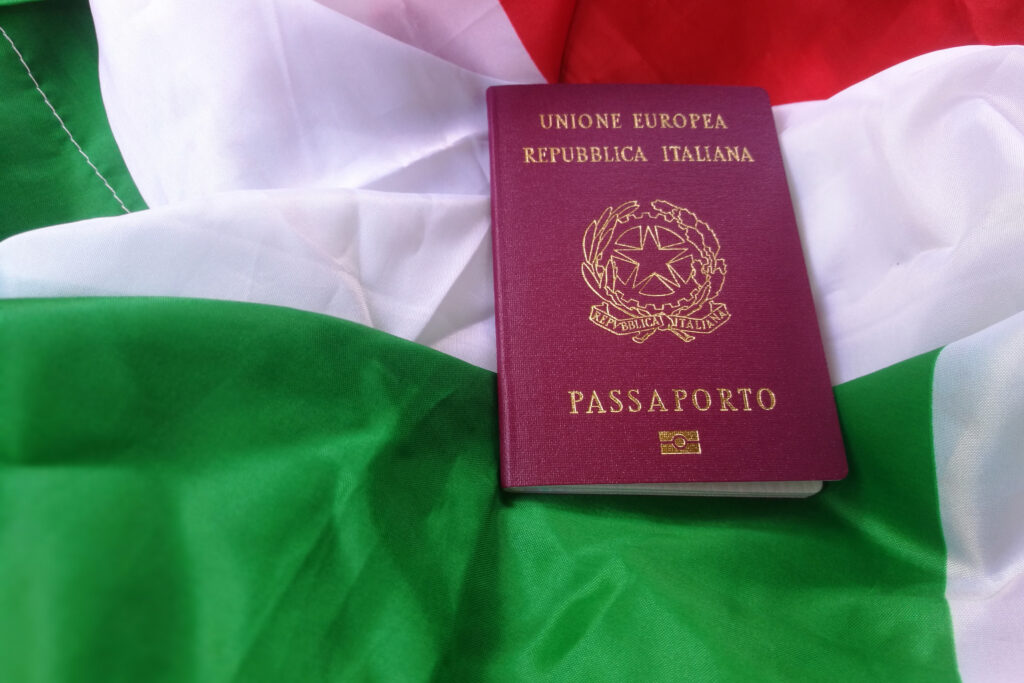In the ever-evolving world of finance, the concept of a global currency reset has captured the imagination of many. It’s a topic shrouded in speculation, mystery, and a fair share of controversy. But what does it really entail? At its core, a global currency reset suggests a massive shift in the world’s global currency reserve, potentially resetting the value of currencies across the globe. Some predict that a global currency reset in 2024 is a real possibility.
The idea might sound like something out of a financial thriller, but it’s a subject that’s garnered attention from economists, conspiracy theorists, and financial experts alike. You’re likely curious about how such a reset could impact your savings, investments, and the global economy at large. Let’s dive into the heart of the matter and explore the realities, myths, and possibilities of a global currency reset.
What is a Global Currency Reset?
Definition and Explanation
A Global Currency Reset refers to a profound change in the international financial system. It would significantly alter the value and structure of currencies worldwide. It’s a concept that suggests a return to a new currency standard that differs fundamentally from the current situation. Under this scenario, countries would agree to revalue their currencies based on criteria that might include a nation’s gold reserves, GDP, or a balanced mix of several economic indicators.
This concept often emerges in discussions about correcting global financial imbalances and reinstating fairness in international trade. It’s not about wiping away currencies but rather resetting their value on a more equitable and balanced scale. The idea is to level the playing field, addressing the disparities caused by inflation, currency manipulation, and unsustainable debt levels.
Historical Examples
While a global currency reset, as described in speculative financial discussions, has never actually occurred. At least not in the exact form envisioned by some experts and conspiracy theorists, history offers a few examples of significant resets or reforms in financial systems that share similarities with this concept.
- The Bretton Woods Agreement (1944): An early example of a concerted effort to stabilize global financial systems. Post World War II, Allied nations met to create a new financial order. The US dollar was tied to gold, and other currencies were pegged to the dollar, aiming for exchange rate stability.
- The Nixon Shock (1971): President Nixon’s decision to end the dollar’s convertibility into gold effectively dismantled the Bretton Woods system. This unpegged currencies and led to the regime of floating exchange rates that dominates today.
- Plaza Accord (1985): This was a significant agreement between the G5 countries (France, West Germany, Japan, the United States, and the United Kingdom) to depreciate the US dollar in relation to the Japanese yen and the German Deutsche Mark through coordinated intervention in currency markets.
These historical precedents illustrate attempts to recalibrate or outright reset the systems governing monetary value and exchange rates. While none mirrors the comprehensive overhaul envisioned by proponents of a global currency reset today, they reflect the ongoing struggle to achieve balanced and fair international financial relations.
Signs of a Global Currency Reset in 2024

As you delve deeper into the topic of a global currency reset, it’s crucial to recognize the signs that might indicate such a monumental shift is on the horizon. Understanding these signs can help you grasp the complexities of international finance and economic strategies.
Economic Indicators
Several economic indicators can signal the potential for a global currency reset. High inflation rates across multiple countries, significant fluctuations in gold and silver prices, and the increasing debt levels of major economies are primary indicators. When currencies lose their purchasing power due to inflation, or when precious metals see a surge in demand as safe-haven assets, these can be harbingers of a reset. Additionally, global debt reaching unsustainable levels may force a reevaluation of currency values to stabilize the global economy. Here’s a brief overview:
- Inflation Rates: Rising in several major economies simultaneously.
- Precious Metals: Gold and silver prices experiencing significant hikes.
- Global Debt: Reaching levels considered unsustainable for economic stability.
Political Events
Political instability or significant geopolitical shifts can also precede a global currency reset. Events such as major international conflicts, the formation of new economic coalitions, or significant changes in trade policies can lead to a reevaluation of currency values. For example, the emergence of BRICS (Brazil, Russia, India, China, South Africa) as a potent economic bloc has the potential to shift international monetary dynamics. Key political events to watch include:
- International Conflicts: Leading to uncertainty in currency values.
- New Trade Policies: That could alter the balance of international trade.
- Formation of Economic Coalitions: With the potential to challenge the dominance of existing currencies.
Central Bank Actions
The actions taken by central banks around the world provide critical insights into the potential for a global currency reset. These institutions play a pivotal role in managing money supply, setting interest rates, and stabilizing economies. Signals such as coordinated policy shifts, discussions on new international monetary frameworks, or the adoption of digital currencies by these banks can indicate preparations for a reset. Noteworthy actions include:
- Coordinated Policy Shifts: Among major central banks.
- Discussions on New Monetary Frameworks: Signalling a reevaluation of current systems.
- Adoption of Digital Currencies: Indicating a move towards more controllable and flexible currency systems.
By keeping an eye on these economic indicators, political events, and central bank actions, you can better understand the dynamics that might lead to a global currency reset. This knowledge will equip you with the insights needed to navigate the possibilities and implications of such a significant financial shift.
Impacts of a Global Currency Reset

Economic Effects
When you consider the economic effects of a global currency reset, it’s crucial to understand the broad spectrum of potential outcomes. Initially, volatile markets can lead to unpredictable investment landscapes. With currencies being revalued, your assets could either appreciate or depreciate rapidly, impacting global trade dynamics. In this period of adjustment, countries with heavily devalued currencies might experience an increase in export competitiveness, while those on the other end might find their exports less attractive.
Significant shifts could also be seen in interest rates and inflation. Here’s a brief overview of potential economic impacts:
| Impact | Potential Outcome |
|---|---|
| Currency Volatility | Rapid fluctuations in currency value |
| Trade Dynamics | Shifts in export-import balances; changes in trade deficits/surpluses |
| Inflation and Deflation | Changes in consumer price indexes across countries |
| Interest Rates | Adjustments in borrowing costs for individuals and businesses |
Understanding these economic shifts is vital as they will influence global markets and individual financial health.
Geopolitical Consequences
The geopolitical landscape post a global currency reset could be markedly different. Countries holding significant global currency reserve of the world’s dominant currencies pre-reset may either gain or lose geopolitical power, depending on the revaluation directions. Such shifts could alter international relations, with new alliances forming and existing ones being strained or even dissolved.
For instance, nations previously reliant on a stronger currency for trade and debt might find themselves in a tough negotiation position, potentially leading to changes in global trade policies. Similarly, countries gaining economic strength might seek to exert greater influence on the international stage, which could lead to:
- Redefinition of geopolitical blocs
- Changes in global leadership dynamics
- Alterations in military alliances and defence strategies
Staying informed about these potential geopolitical shifts is essential for anticipating changes in international policies and alliances.
Social and Cultural Changes
Beyond economic and geopolitical implications, a global currency reset could foster profound social and cultural changes. The economic upheaval might lead to shifts in migration patterns as individuals and families seek better opportunities in countries whose economies have been positively affected by the reset. This movement of people can enrich cultural diversity but also present challenges in terms of social integration and cohesion.
Furthermore, the reset might influence societal values and priorities. As economies adjust, there could be a greater emphasis on sustainable living and a shift away from consumerism, driven by the realization of the fragility of global financial systems. Communities might lean towards more localized economies and stronger social bonds, focusing on resilience and self-sufficiency rather than global dependency.
In the wake of these changes, it’s possible to see an evolution in cultural narratives, with a greater emphasis on community, sustainability, and a reevaluation of what constitutes true wealth and well-being.
Criticisms and Concerns

In the realm of global economics, the idea of a global currency reset carries with it not just potential benefits but also a host of criticisms and concerns that you should be aware of. As this topic gains traction, understanding these apprehensions becomes crucial.
Potential Risks
The concept of resetting global currencies is fraught with risks that can’t be overlooked. Here are the key ones you need to know:
- Financial Instability: A rapid reset could lead to short-term chaos in financial markets as investors pivot to a new global currency reserve and institutions attempt to navigate the new landscape.
- Loss of National Sovereignty: Countries might lose control over their monetary policy, which can be pivotal during economic crises.
- Economic Disparities: Nations with stronger economies may benefit more from a reset, widening the gap between rich and poor countries.
The intricacies of these risks highlight the complexity of implementing a global currency reset and the fine balance that needs to be maintained to prevent unintended consequences.
Challenges and Obstacles
Implementing a global currency reset is an enormous undertaking with several challenges and obstacles that stand in the way:
- Political Will: Achieving consensus among nations, each with its own interests, is a monumental task.
- Technical Implementation: The logistical challenges of transitioning to a new currency system are significant, from establishing exchange rates to updating financial systems.
- Public Acceptance: Another hurdle that cannot be underestimated is gaining the trust and acceptance of the global populace for such a profound change.
These challenges underscore why a global currency reset hasn’t happened yet and why it remains a subject of much debate.
Cryptocurrency

In discussions about a global currency reset, cryptocurrencies often come up as a modern alternative. However, they’re not without their criticisms:
- Volatility: The price volatility of cryptocurrencies like Bitcoin makes them unreliable as a stable global currency.
- Regulatory Challenges: Governments are still grappling with how to regulate digital currencies, which could hamper their adoption as part of a currency reset.
- Technological Barriers: Not everyone has access to the technology required to use cryptocurrencies, potentially excluding large swathes of the population.
While cryptocurrencies offer fascinating possibilities, these concerns must be addressed for them to be considered a viable option in a global currency reset scenario.
Alternative Perspectives
It’s important to consider alternative perspectives when discussing a global currency reset. Critics argue that rather than a reset, what’s needed are reforms within the existing financial system to address issues of inequality and instability. This could involve:
- Strengthening international cooperation on fiscal policies
- Enhancing the regulatory framework for global financial markets
- Fostering economic policies that promote sustainable growth and reduce disparities
The argument goes that by focusing on reforming the current system, the world can achieve economic stability and fairness without the drastic measures involved in a currency reset.
Steps towards a Global Currency Reset

The journey toward a global currency reset involves a series of complex steps involving policy adjustments, international cooperation, and the pivotal role of global financial institutions. Understanding these steps can provide insights into how such a monumental shift could potentially unfold.
Policy and Institutional Changes
Initiating a global currency reset requires significant policy and institutional changes at both national and international levels. Governments around the world would need to agree on a unified set of financial policies aimed at mitigating current economic disparities. Key areas of focus include:
- Monetary Policy Reforms: Adjustments in monetary policy to support a stable and equitable global economy.
- Regulatory Harmonisation: Development of consistent financial regulations across countries to promote fairness and reduce arbitrage opportunities.
- Currency Valuation Standards: Establishment of new standards for currency valuation, possibly tied to a basket of goods or digital assets to ensure stability.
These changes aren’t just about altering the financial landscape; they’re about creating a more inclusive economic environment that reflects the interconnected nature of global economies today.
Collaboration among Nations
For a global currency reset to be successful, unprecedented levels of collaboration among nations are necessary. This cooperation goes beyond mere agreements; it requires a deep, mutual understanding that the economic fate of one country is intrinsically linked to the global economy. Areas of collaboration include:
- Sharing Economic Data: Transparency and sharing of economic data to foster trust among nations.
- Joint Fiscal Policies: Coordination of fiscal policies to prevent economic shocks and imbalances.
- Crisis Management Mechanisms: Establishment of shared mechanisms to manage financial crises, ensuring swift and coordinated responses.
This level of collaboration could lead to the creation of new international platforms for dialogue and action, paving the way for a more stable global economy.
Role of International Organizations
International organizations are critical in facilitating the dialogue and implementing the frameworks necessary for a global currency reserve. Organizations such as the International Monetary Fund (IMF), the World Bank, and the United Nations (UN) would likely be at the forefront of these efforts. Their roles include:
- Providing a Platform for Negotiation: Offering a neutral ground for nations to discuss and agree on the steps towards a reset.
- Technical Assistance and Guidance: Offering expertise in economic policy, monetary systems, and financial stability to help implement the necessary changes.
- Monitoring and Enforcement: Ensuring that all nations adhere to the agreed-upon rules and regulations, and providing assistance in case of non-compliance.
Through their extensive networks and resources, these organizations can help steer the global economy towards a more equitable and stable future.
Conclusion

Understanding the possibility of a global currency reset in 2024 is crucial in today’s interconnected world. You’ve seen how economic indicators, political events, and central bank actions can signal the approach of a reset. The impacts are far-reaching, affecting everything from currency volatility to international relations and even societal values. The path towards a global currency reset is fraught with challenges, including the need for political consensus and the overcoming of technical and public acceptance hurdles. Cryptocurrencies, despite their potential, face their own set of obstacles. Yet, with the right steps towards policy and institutional changes and the collaboration among nations and international organizations, navigating the complexities of a global currency reset becomes possible. Armed with this knowledge, you’re better prepared to understand and respond to the shifts in the global financial landscape.
Frequently Asked Questions (FAQ)
1. What would trigger a global currency reset? A combination of factors could trigger a global currency reset, including unsustainable global debt levels, rampant inflation across major economies, a significant loss of confidence in fiat currencies, or a unanimous decision by world governments to return to a commodity-backed currency system.
2. How would a global currency reset affect the average person’s savings and investments? The impact on savings and investments could be profound and varied. It would depend on the nature of the reset and the individual’s financial strategies. Investments tied to fiat currencies might lose or gain value dramatically, whereas tangible assets like real estate and gold could potentially offer more stability.
3. Can cryptocurrencies play a role in a global currency reset? Cryptocurrencies could potentially play a significant role. This is especially true if the reset moves towards digital currencies and blockchain technology for increased transparency and security. However, their volatility and regulatory challenges need to be addressed to serve as a stable foundation for a global currency system.
4. What can individuals do to prepare for a potential global currency reset? Preparation could include diversifying investments across different asset classes, including tangible assets like gold and real estate, staying informed about international economic policies, and possibly holding a portion of one’s wealth in stable currencies or commodities that might retain value through a reset.
5. Is a global currency reset likely to happen in 2024? Predicting the exact timing of a global currency reset is challenging due to the complexity of international finance and the need for global consensus. While economic indicators may suggest increasing pressures on the current financial system, the likelihood of a reset in 2024 specifically would depend on immediate global economic developments and political will.
Learn More
Offshore Freedom™ is a boutique coaching and consulting firm that helps investors and entrepreneurs live and invest internationally. We help our clients grow their businesses, pay less taxes, buy more real estate, and take advantage of global residency and citizenship by investment programs worldwide.
Schedule a 1 on 1 consultation with Dan Merriam, and let us help you design the life of your dreams and live the Offshore Freedom™ lifestyle. Ask questions and get answers about international real estate, tax planning, offshore banking, second residencies, citizenship by investment, lifestyle design and more.
This article is for informational purposes only; it should not be considered financial, tax planning, investment or legal advice. Consult a certified financial or investment professional in your jurisdiction of interest before making any major financial or investment decisions.
Writer in Tax Reduction, International Tax Planning, Travel, Citizenship by Investment, The Caribbean, Global Reset 2024, Global Reserve Currency, British Pound, US Dollar, Swiss Franc, Singapore Dollar, Chinese Yuan. Ray Dalio, Second Residence, Real Estate Investing, Asset Management, Lifestyle Planning, Countries with the Lowest Taxes, Company Formation, Offshore Banking, Asset Protection, Technology, Entrepreneurship




